
Marketing professor @BUQuestrom researching digital marketing: privacy (#GDPR & value+death of 🍪) & effectiveness (👻 ads). Could run Oilers better. 🇨🇦,🇺🇸.
How to get URL link on X (Twitter) App


 First up, Sonja Gensler documents welfare harms of German regulations capping days for AirBnB hosts. This restricts supply, but the good news 😂 is that non-compliance blunts the welfare harm. Marginal effect on long-term rental prices: the intended benefit of the policy…
First up, Sonja Gensler documents welfare harms of German regulations capping days for AirBnB hosts. This restricts supply, but the good news 😂 is that non-compliance blunts the welfare harm. Marginal effect on long-term rental prices: the intended benefit of the policy… 


 Beginning Jan 2020, YouTube identified kids content and eliminated all related personalization including: personalized ads, search, content recommendations, & commenting.
Beginning Jan 2020, YouTube identified kids content and eliminated all related personalization including: personalized ads, search, content recommendations, & commenting.

 Data sharing increases ad revenue, which pays for free content, & helps personalize websites to better find the content we want. On the other hand, people want more privacy online: especially for kids.
Data sharing increases ad revenue, which pays for free content, & helps personalize websites to better find the content we want. On the other hand, people want more privacy online: especially for kids.



 The public discussion of #PrivacySandbox is dominated by #FLoC, but many tech solutions are required to satisfy advertising use cases while protecting privacy. In particular, #FLEDGE propose more fundamental & interesting changes to the status quo. 2/
The public discussion of #PrivacySandbox is dominated by #FLoC, but many tech solutions are required to satisfy advertising use cases while protecting privacy. In particular, #FLEDGE propose more fundamental & interesting changes to the status quo. 2/https://twitter.com/garjoh_canuck/status/1405612777364992009
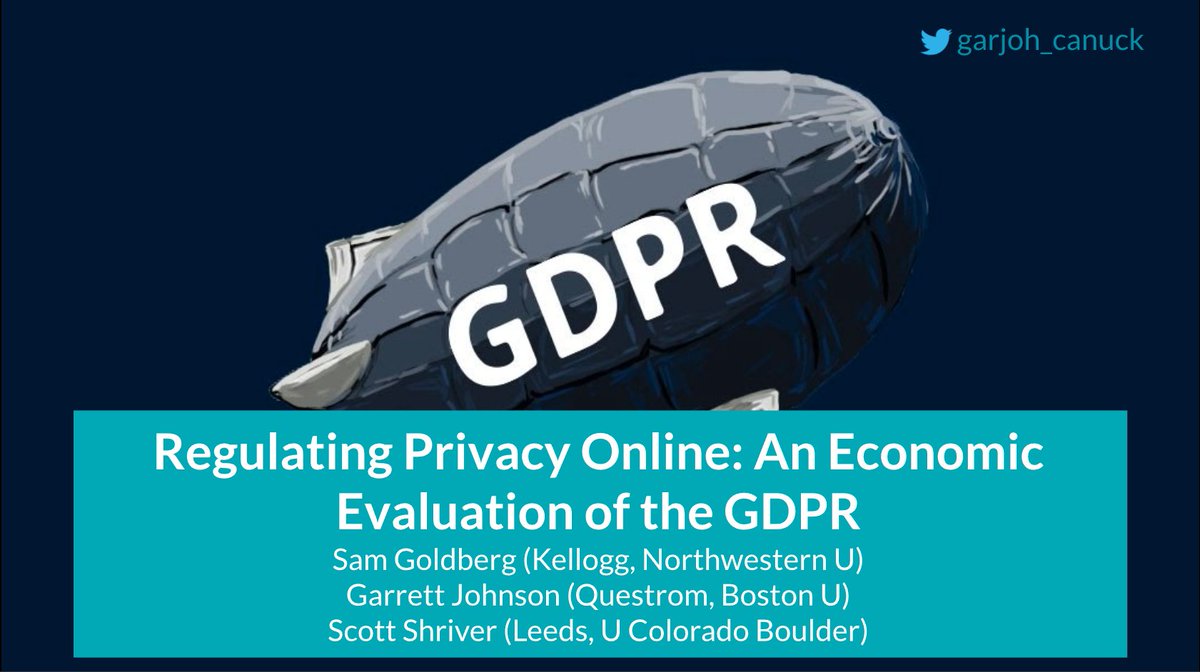
 We partnered with @Adobe to study the GDPR’s impact on EU users across 1,084 firm site analytics dashboards. Our data contain 77 of the top 1K sites & >700 long tail sites below the top 100K. We see >$0.75 billion in EU spending and 4.4 billion EU pageviews in total per week. 2/
We partnered with @Adobe to study the GDPR’s impact on EU users across 1,084 firm site analytics dashboards. Our data contain 77 of the top 1K sites & >700 long tail sites below the top 100K. We see >$0.75 billion in EU spending and 4.4 billion EU pageviews in total per week. 2/ 


https://twitter.com/garjoh_canuck/status/1252625158977830913?s=20. 2/



 Privacy and competition top today’s policy agenda particularly in tech. Google & Facebook capture 56% of global digital ad spend. They also face regulatory scrutiny on both sides of the Atlantic on both counts.
Privacy and competition top today’s policy agenda particularly in tech. Google & Facebook capture 56% of global digital ad spend. They also face regulatory scrutiny on both sides of the Atlantic on both counts.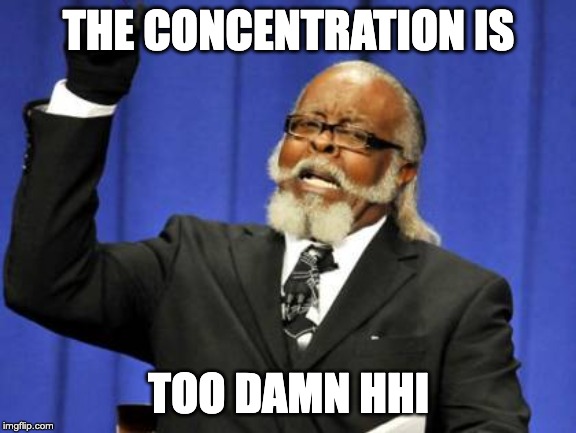

 Advertisers like Macy’s want to know the ROI of their #advertising campaigns. To understand the #incremental effect of ads, Macy’s need to know what consumers would do *had they not advertised*. Ad experiments deliver these answers. 2/
Advertisers like Macy’s want to know the ROI of their #advertising campaigns. To understand the #incremental effect of ads, Macy’s need to know what consumers would do *had they not advertised*. Ad experiments deliver these answers. 2/ 



 “Abandon all hope, ye who enter here” - Dante’s Inferno👿
“Abandon all hope, ye who enter here” - Dante’s Inferno👿
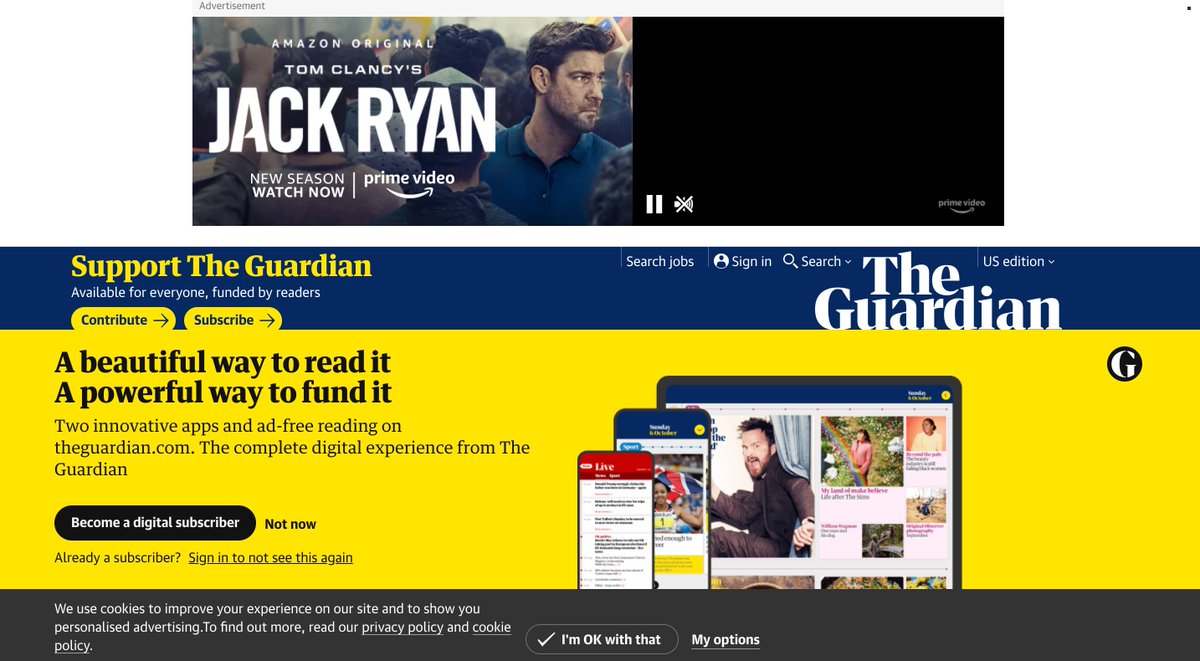
 Here is the excerpt where the author decries prevailing opt-out practices alongside the Guardian’s consent menu doing the same.
Here is the excerpt where the author decries prevailing opt-out practices alongside the Guardian’s consent menu doing the same. 
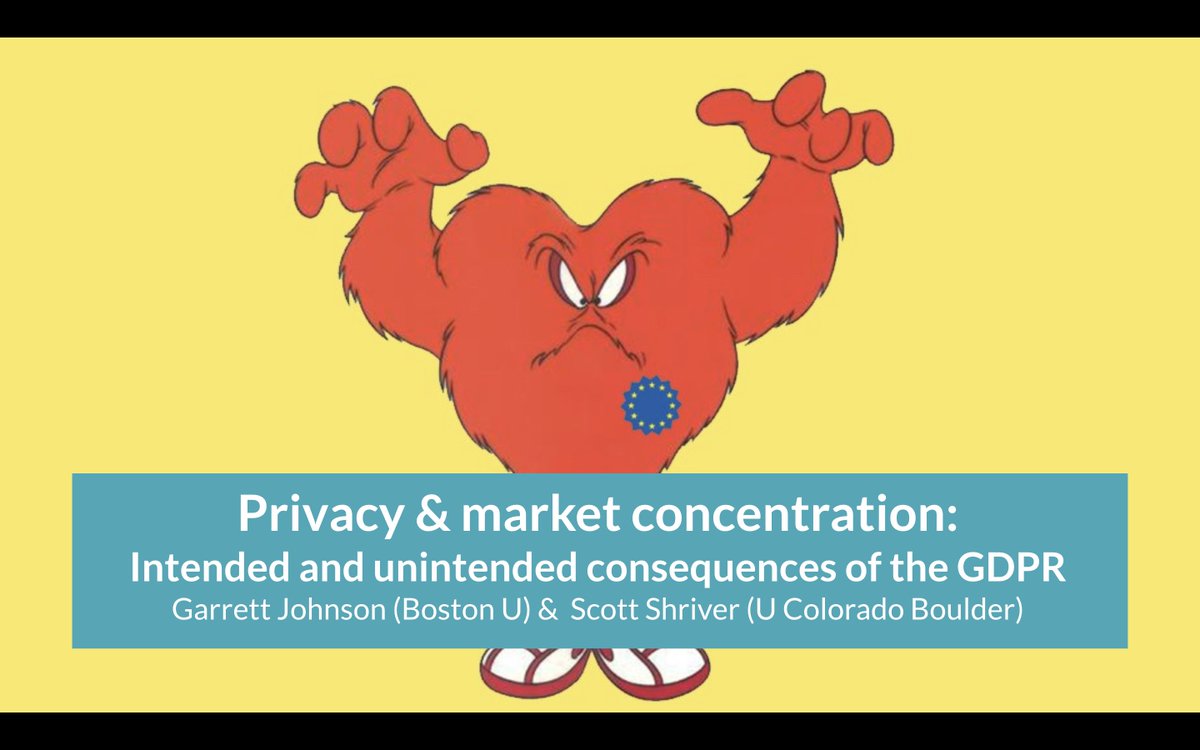
 Privacy and competition top today’s policy agenda—particularly in web tech which relies on permissive privacy practices and where big companies like Google & Facebook have large market share.
Privacy and competition top today’s policy agenda—particularly in web tech which relies on permissive privacy practices and where big companies like Google & Facebook have large market share.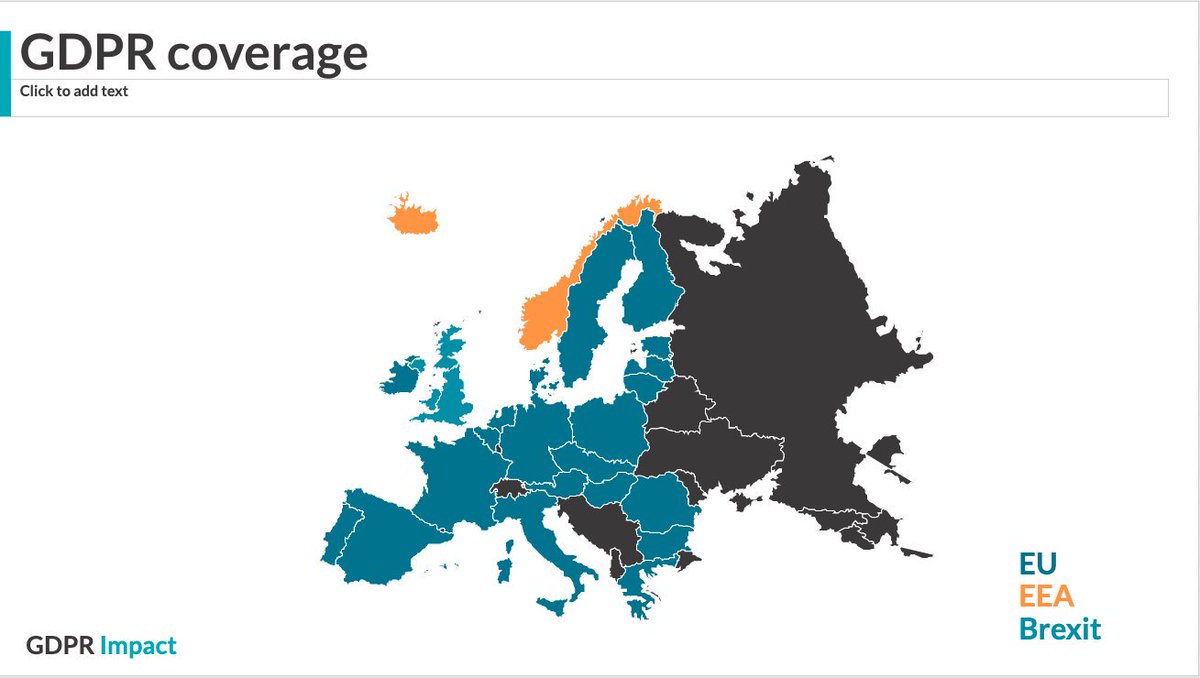



 View the literature review slide & more related literature here: docs.google.com/presentation/d…
View the literature review slide & more related literature here: docs.google.com/presentation/d…